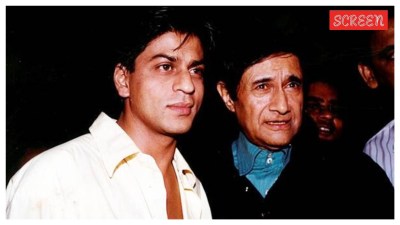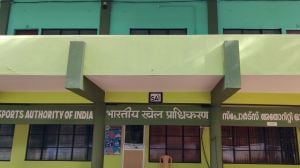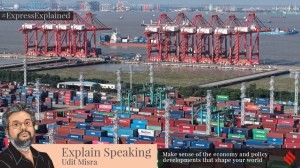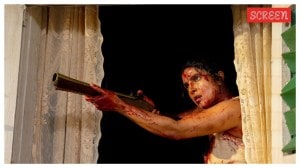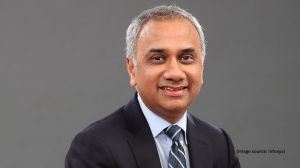Memory loss in Meerut
Time is expected to heal all wounds. After the bout of communal blood letting that Meerut witnessed eight and a half years ago, the state ...

Time is expected to heal all wounds. After the bout of communal blood letting that Meerut witnessed eight and a half years ago, the state of Uttar Pradesh, in its magnanimity, has decided to acquit those accused in engineering the riots. Incredible as this sounds, it has justified the move 8220;in larger public interest and communal harmony8221;. This is a bit like saying that the murderer of Priyadarshini Mattoo must not be brought to book because it would stir up too many unhappy memories and cause needless trauma. In the eyes of the law, a murder remains a murder, even one committed in the distant past. In the eyes of the law, the murder of one person in an individual attack, or of several people in a riot, remain heinous crimes that deserves to be punished and socially condemned in the strongest possible terms.
Bringing justice to riot victims is a social imperative. It is a token of the nation8217;s determination not to countenance the evil of communal blood-letting. It is also a token of society8217;s determinationto correct a situation in which the authority of a democratic state was found wanting, if not missing all together. Yet, in riot after riot, in inquiry after inquiry, justice has remained elusive. The cavalier fashion in which the the BJP-Shiv Sena government treated the Srikrishna Report on the Bombay riots of 1992-93 is too well-known to need repeating here. So politicised had this inquiry process become that even after the BJP-Shiv Sena coalition was defeated electorally, the new Congress-Nationalist Congress Party team presently in power in Maharashtra finds it almost impossible to ensure that the legal process is taken to its logical conclusion. In case after case, whether it is the Bhagalpur riots of 1989 or the Maliana riots involving the Public Armed Constabulary, the authorities have preferred to adopt the posture of the ostrich in dealing with them.
Inquiries are instituted often merely to buy time 8212; certainly not with the view to get to the facts of the case. If a scrupulous judge takes such aninquiry with far more seriousness than the political and bureaucratic authorities do, and a credible report emerges from his labours, it may just be consigned forever in some musty almirah and forgotten. Very few state governments have bothered to even table such reports before the Assembly as convention requires them to do.
But the Uttar Pradesh government has gone one step further. By withdrawing from the case, it has in effect actually pardoned those behind the riots before the trials could even begin. What makes the action even more suspect is the fact that some of the accused were close to the BJP or are BJP functionaries themselves. This newspaper reported on Tuesday how one of the accused men went on record to state that he is a sincere party worker and was particularly close to the former UP chief minister. The state government, by withdrawing from the case, presented the judiciary with a fait accompli. It had no choice but to acquit the accused and close the case. Meanwhile, the grievous harm thatthe riot caused to the families of the victims lives on as mothers grieve for sons, wives for husbands and families struggle on without their breadwinners.
- 01
- 02
- 03
- 04
- 05


